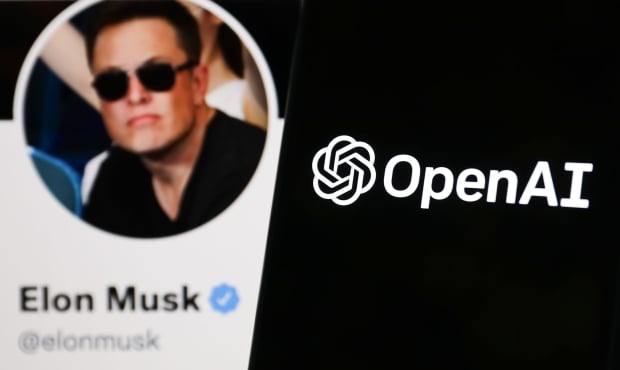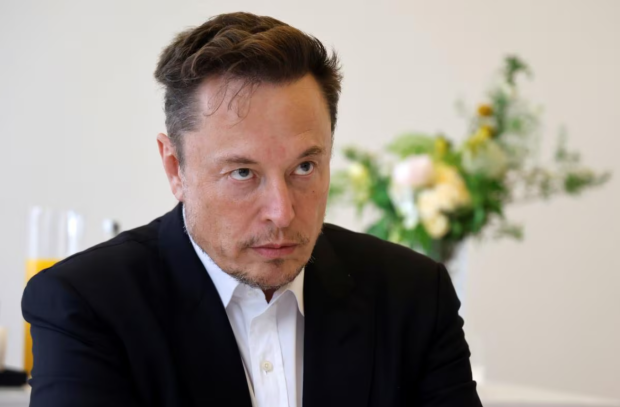Elon Musk has seized his opportunity to prevent OpenAI from converting into a for-profit company, with the Tesla CEO filing for an injunction against OpenAI co-founder and CEO Sam Altman.

The SpaceX and Tesla CEO has long been after OpenAI since the non-profit took an investment of $13 billion from Microsoft, claiming the company Musk originally helped create as a counterweight to Google, and the rapid development of artificial intelligence has now strayed away from its original non-profit mission of bringing transparency to artificial intelligence. Now, Musk has filed an injunction that will be heard in early January next year at the United States District Court, Northern District of California.
The injunction requests that OpenAI be prevented from performing activities such as investing in OpenAI's competitors - even xAI, Elon Musk's own AI company, utilizing "wrongfully obtained competitively sensitive information" through OpenAI's partnership with Microsoft, its conversion from a non-profit company into a for-profit company, and the transferring of any OpenAI assets to competitors, subsidiaries, or affiliates. Musk has also claimed in previous complaints that OpenAI swindled him out of $44 million by preying on "well-known concerns about the existential harms" of AI.
"Plaintiffs and the public need a pause," they wrote in the filing. "An injunction to preserve what is left of OpenAI's nonprofit character, free from self-dealing, is the only appropriate remedy. If not, the OpenAI promised to Musk and the public will be long gone by the time the court reaches the merits."
"Maintaining OpenAI's charitable status pending final resolution and halting further self-dealing transactions by Altman protect both the organization's founding mission and the public interest in proper administration of charities," Musk's attorneys said in the filing.
"No objective observer can look at OpenAI today and say it bears any resemblance whatsoever to what it promised to be," attorneys for Musk wrote. "Plaintiffs respectfully request that the court maintain the status quo and pause defendants' worsening behavior until final disposition."



